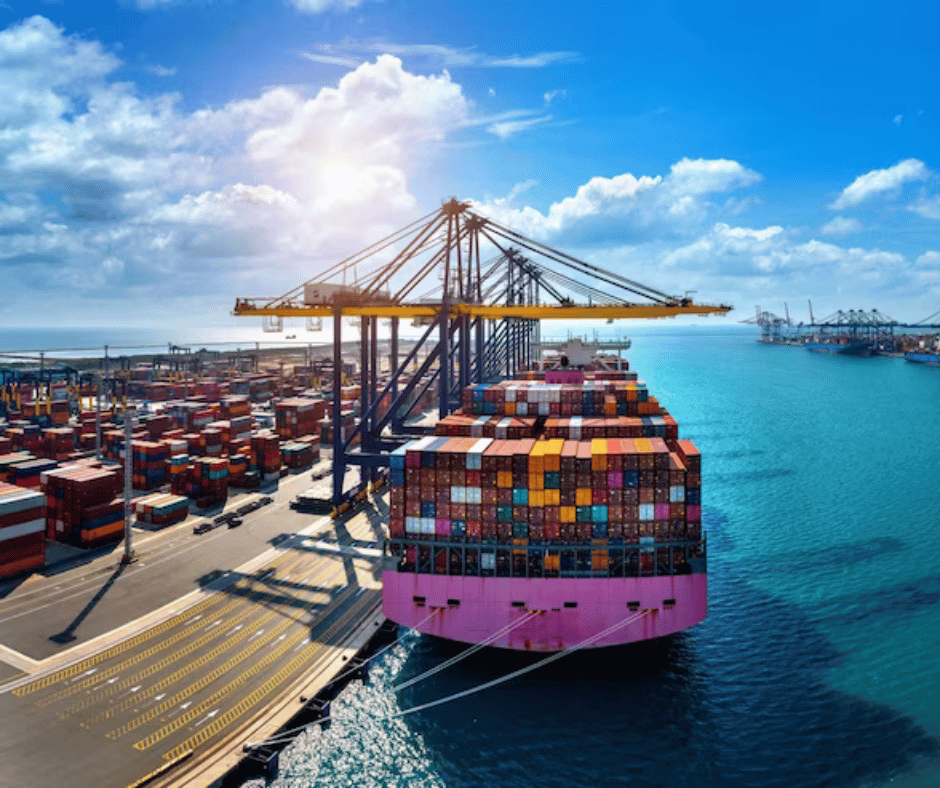Efficiency is key in the fast-paced field of marine logistics. For businesses engaged in shipping and trade, vessel agencies are essential to operational optimization. Vessel agencies provide a variety of services targeted at reducing delays and optimizing workflows, from overseeing documentation and compliance to guaranteeing seamless port calls. Furthermore, their proficiency encompasses liaising with multiple stakeholders, such as customs officers, shipping firms, and port administrations, to ensure an uninterrupted exchange of data and assets. We explore how vessel agencies improve marine logistics efficiency in this post.
Recordkeeping and Adherence to Regulations:
Shipping firms may find it difficult to navigate the complicated world of maritime documentation and compliance standards. To guarantee that all required documentation—such as cargo manifests, customs declarations, and port clearances—is correctly created and delivered on time, vessel companies are essential. Additionally, vessel agencies stay up-to-date with regulatory modifications and guarantee that their customers continue to adhere to all applicable rules and regulations. Shipping firms can free up time and resources by having vessel agencies handle documentation and regulation problems, freeing them up to concentrate on their main business operations.
Coordinating Port Calls:
Facilitating seamless port calls for shipping corporations is one of the vessel agency’s main responsibilities. For vessels to arrive and depart from ports on schedule, careful preparation and coordination are required. To book berthing slots, set up pilotage and tug assistance, and manage cargo operations, vessel agencies communicate with port authorities, terminals, and other pertinent parties. Vessel agencies help shipping businesses cut expenses by optimizing port calls to decrease idle time and maximize vessel usage.
Emergency Reaction and Crisis Control:
Vessel agencies are essential in putting emergency response plans into action and handling crises when unanticipated events like bad weather, mechanical problems, or security threats arise. Vessel authorities maintain specialist teams that are trained to react swiftly and effectively to crises to reduce operational delays and ensure the safety of persons and property. Vessel agencies give their clients peace of mind and help reduce the dangers involved with marine activities by having strong emergency response protocols in place.
Technology Acceptance:
Vessel agencies use technology in an increasingly digitalized business to improve the effectiveness and openness of maritime logistics. Modern trip planning software and real-time tracking and monitoring systems are just two examples of how technology is essential to streamlining operations and decision-making. To give their customers useful insights, foster better stakeholder engagement and communication, and promote ongoing performance enhancement, vessel agencies make significant investments in state-of-the-art technology.
Logistics and Handling of Cargo:
To maximize maritime logistics operations, efficient cargo handling is necessary. The cargo handling process involves the coordination of shipping companies, sailors, and other logistical providers with the vessel agency to load and unload cargo. To ensure that cargo is handled safely and effectively, this involves tracking cargo operations and stowage plans. Vessel agencies can enhance the effectiveness of the supply chain by providing value-added services such as logistics, managing inventory, and transporting.
Closing Remarks:
To sum up, vessel agencies are essential for improving the effectiveness of marine logistics. Voyage service agencies assist shipping businesses in streamlining operations, minimizing costs, and mitigating risks by providing a wide range of services that include port call coordination, documentation and compliance, cargo handling and logistics, emergency response, and technological adoption. Superior operations and competitiveness may be achieved in a sector where time is of the essence and margins are razor thin, thanks in large part to the expertise and support of vessel agencies.

